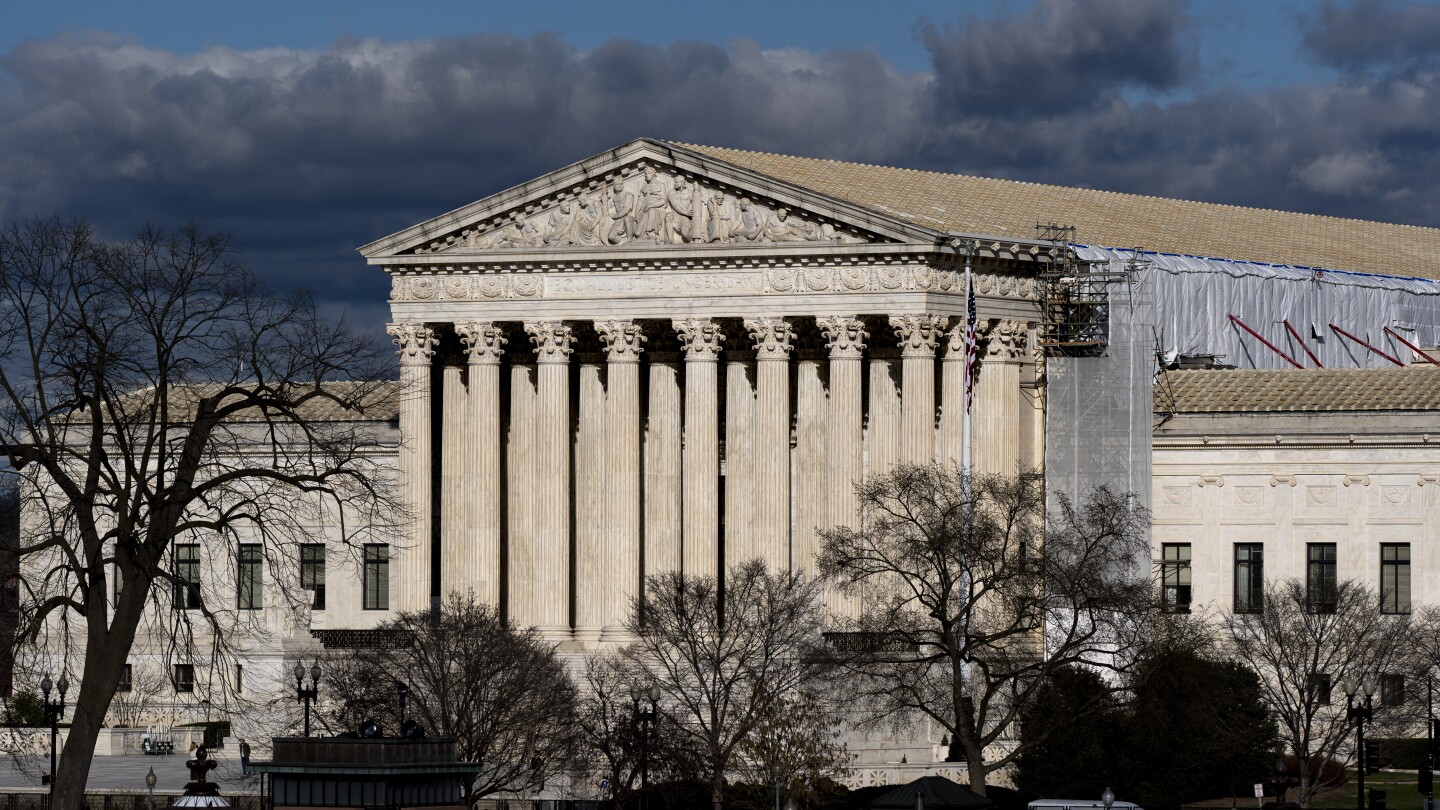Justice Amy Coney Barrett, writing for the court, said that officials who use personal accounts to make official statements may not be free to delete comments about those statements or block critics altogether.
The cases forced the court to deal with the competing free speech rights of public officials and their constituents, all in a rapidly evolving virtual world. They are among five social media cases on the court’s docket this term.
Officials must have the authority to speak on behalf of their governments and intend to use it for their posts to be regarded essentially as the government’s, Barrett wrote. In such cases, they have to allow criticism, or risk being sued, she wrote.
The court’s other social media cases have a more partisan flavor. The justices are evaluating Republican-passed laws in Florida and Texas that prohibit large social media companies from taking down posts because of the views they express. The tech companies said the laws violate their First Amendment rights. The laws reflect a view among Republicans that the platforms disproportionately censor conservative viewpoints.
This is the best summary I could come up with:
The court ruled in two cases involving lawsuits filed by people who were blocked after leaving critical comments on social media accounts belonging to school board members in Southern California and a city manager in Port Huron, Michigan, northeast of Detroit.
The cases forced the court to deal with the competing free speech rights of public officials and their constituents, all in a rapidly evolving virtual world.
In one case, James Freed, who was appointed the Port Huron city manager in 2014, used the Facebook page he first created while in college to communicate with the public, as well as recount the details of daily life.
Circuit Court of Appeals sided with Freed, noting that his Facebook page talked about his roles as “father, husband, and city manager.”
The justices are evaluating Republican-passed laws in Florida and Texas that prohibit large social media companies from taking down posts because of the views they express.
Next week, the court is hearing a challenge from Missouri and Louisiana to the Biden administration’s efforts to combat controversial social media posts on topics including COVID-19 and election security.
The original article contains 632 words, the summary contains 184 words. Saved 71%. I’m a bot and I’m open source!

